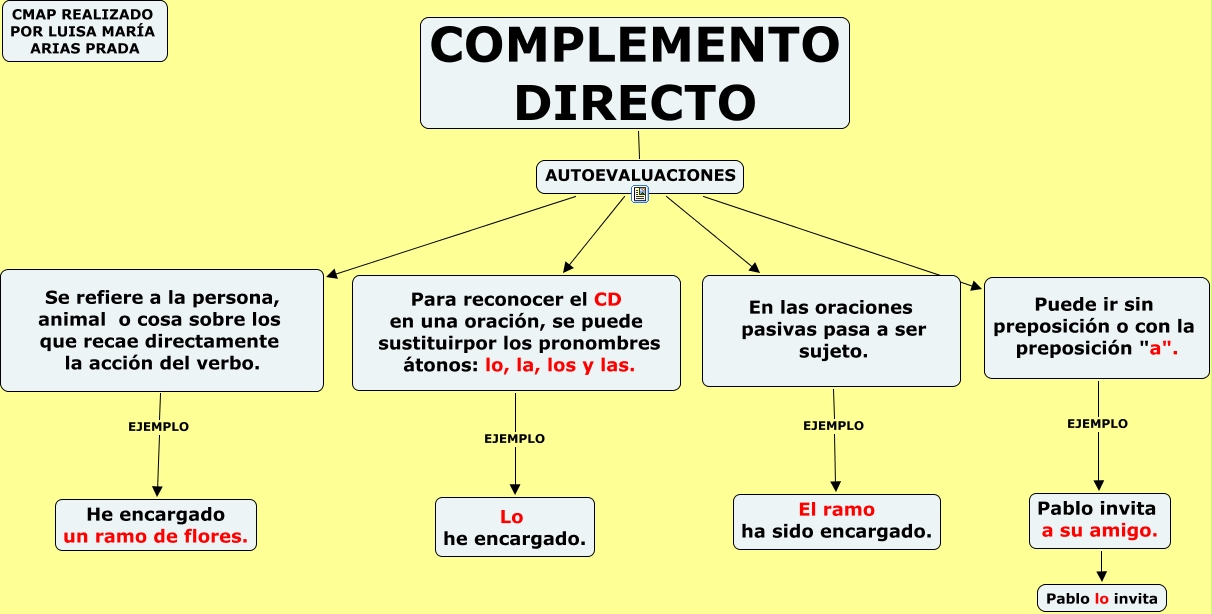Grammatical constructions used for comparing adjectives
There are three forms of comparison:
- positive
- comparative
- superlative
1. Comparison with -er/-est
clean → cleaner → (the) cleanest
We use -er/-est with the following adjectives:
1.1. Adjectives with one syllable
| positive | comparative | superlative |
|---|---|---|
| clean | cleaner | cleanest |
| new | newer | newest |
| cheap | cheaper | cheapest |
1.2. Adjectives with two syllables and the following endings:
1.2.1. Adjectives with two syllables, ending in -y
| positive | comparative | superlative |
|---|---|---|
| dirty | dirtier | dirtiest |
| easy | easier | easiest |
| happy | happier | happiest |
| pretty | prettier | prettiest |
1.2.2. Adjectives with two syllables, ending in -er
| positive | comparative | superlative |
|---|---|---|
| clever | cleverer | cleverest |
1.2.3. Adjectives with two syllables, ending in -le
| positive | comparative | superlative |
|---|---|---|
| simple | simpler | simplest |
1.2.4. Adjectives with two syllables, ending in -ow
| positive | comparative | superlative |
|---|---|---|
| narrow | narrower | narrowest |
1.3. Spelling of the adjectives using the endings -er/-est
| positive | comparative | superlative | comment |
|---|---|---|---|
| large | larger | largest | leave out the silent -e |
| big | bigger | biggest | Double the consonant after short vowel |
| sad | sadder | saddest | |
| dirty | dirtier | dirtiest | Change -y to -i (consonant before -y) |
| shy | shyer | shyest | Here -y is not changed to -i. (although consonant before -y) |
2. Comparison with more – most
all adjectives with more than one syllable (except some adjectives with two syllables – see 2.1. to 2.4.)
| positive | comparative | superlative |
|---|---|---|
| difficult | more difficult | (the) most difficult |
3. Irregular adjectives
| positive | comparative | superlative | comment |
|---|---|---|---|
| good | better | best | |
| bad | worse | worst | |
| much | more | most | uncountable nouns |
| many | more | most | countable nouns |
| little | less | least | |
| small | smaller | smallest |
4. Special adjectives
Some adjectives have two possible forms of comparison (-er/est and more/most).
| positive | comparative | superlative |
|---|---|---|
| clever | cleverer / more clever | cleverest / most clever |
| common | commoner / more common | commonest / most common |
| likely | likelier / more likely | likeliest / most likely |
| pleasant | pleasanter / more pleasant | pleasantest / most pleasant |
| polite | politer / more polite | politest / most polite |
| quiet | quieter / more quiet | quietest / most quiet |
| simple | simpler / more simple | simplest / most simple |
| stupid | stupider / more stupid | stupidest / most stupid |
| subtle | subtler / more subtle | subtlest / most subtle |
| sure | surer / more sure | surest / most sure |
5. Difference in meaning with adjectives
| positive | comparative | superlative | comment |
|---|---|---|---|
| far | farther | farthest | distance |
| further | furthest | distance or time | |
| late | later | latest | |
| latter | x | ||
| x | last | ||
| old | older | oldest | people and things |
| elder | eldest | people (family) | |
| near | nearer | nearest | distance |
| x | next | order |

















